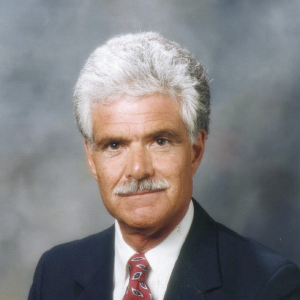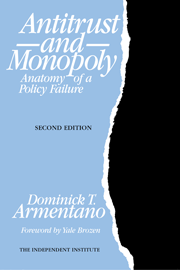Cannabis legalization was dealt a body blow in April when a federal judge in Sacramento refused to remove marijuana from Schedule 1 classification, a status that Congress ordered in 1970.
The decision was not totally unexpected, but it does remind us that gigantic legal hurdles will continue to thwart the wishes of pot consumers and providers.
First, some background. Judge Kimberly J. Mueller, who issued the decision in U.S. v. Brian Justin Pickard et al, raised the hopes of cannabis activists in late 2014 when she ruled that the government’s criminal prosecution of 16 defendants for conspiring to grow and sell pot would first require an evidentiary hearing.
This unusual ruling opened the door for days of spirited debate between contesting medical expert witnesses about whether or not marijuana actually meets the Schedule 1 criteria, meaning that it has no accepted medical use, possesses a high potential for abuse and lacks accepted safety under medical supervision.
You might think the debate’s outcome would be obvious and decisive, given the number of physicians now prescribing marijuana for medicinal uses. If so, you probably don’t understand that a vast chasm separates an ideal legal system and the one we have.
In an ideal legal system, the legitimacy of the Schedule 1 classification would be decided by the weight of the empirical evidence. In other words, the federal prohibition against marijuana would have been struck down if the medical benefits were substantial and the alleged harms miniscule. But federal court is no ideal legal world.
To be sure, Judge Mueller listened to conflicting arguments and claims from government and defense experts on the alleged medical value and dangers of cannabis consumption. But how could she decide who was correct? In the absence of total expert unanimity (an impossible standard), she simply acknowledged that important medical questions remain and that the issues are contentious and still unsettled in the scientific literature.
Following historical legal precedent, Judge Mueller applied the so-called “rational basis” review, which is how federal courts routinely decide whether a government regulation is constitutional or not. And guess what? In any so-called rational basis review, the defendant who challenges government regulations almost always loses.
The defendants lost because federal courts for decades have accepted the legal notion that as long as there is some conceivable reason for regulation, the regulation is legitimate or constitutional.
The law may be “illogical”; no matter. The law may be “totally unsupported by evidence or empirical data”; again, no matter.
Indeed, under a rational basis review, the government has absolutely no obligation to produce evidence to sustain the rationality of a statutory classification. All that matters is that Congress had some reason – any reason – to believe a law would promote the end intended. That it actually does (or does not) serve the goal is simply not up to the courts to determine.
There may be other ways to overturn the Schedule 1 classification for cannabis. President Obama or Attorney General Loretta Lynch, or their successors, could change the cannabis classification.
Alternatively, Congress could pass legislation to do it. Senators Cory Booker, D-New Jersey, Kirsten Gellibrand, D-New York, and Rand Paul, R-Kentucky, have introduced a bill that would do just that.
Clearly, however, as happened in Sacramento last month, presenting mountains of evidence from peer-reviewed medical journals that cannabis is a medically remarkable plant with a strong safety profile is not the road to federal cannabis reform.








